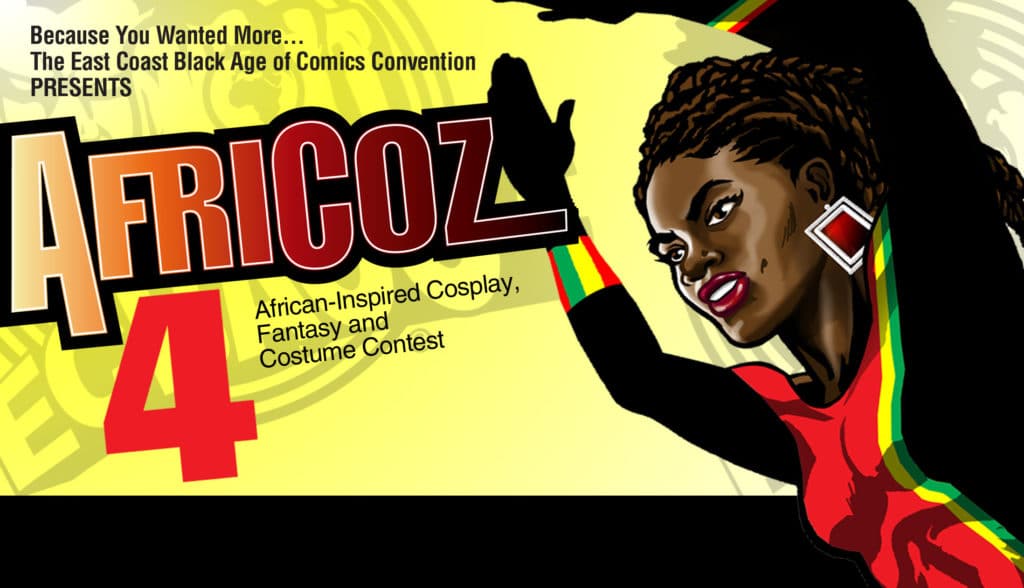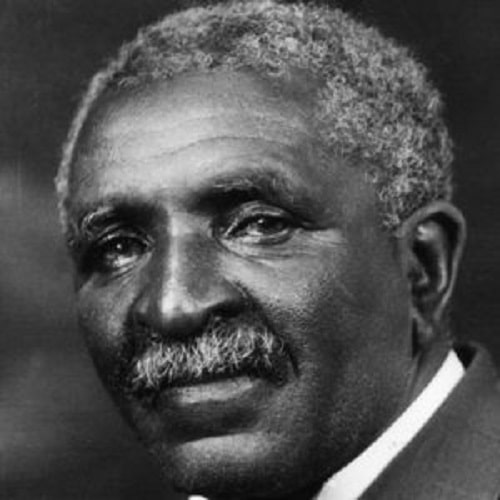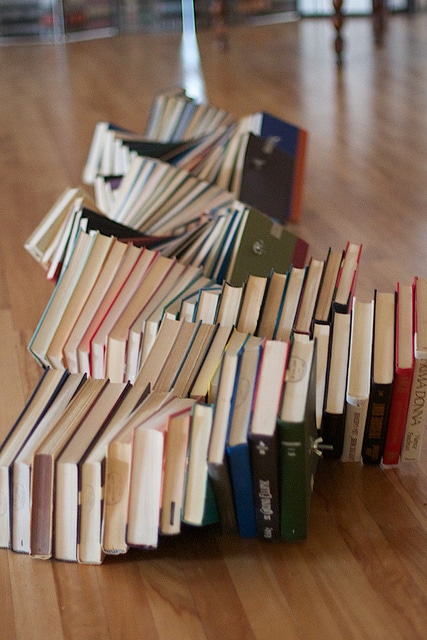As a mother of a 4-year-old brown boy who loves to read, I try to make his library as fruitful as possible. His dad and I try to set the proper tone early. It’s important for him to recognize and relate to characters during story time. Literature gets the imagination flowing, it takes us to faraway lands and expands our minds in ways only a reader knows.
When Kaya Thomas informed me that she designed and developed a mobile app, called “We Read Too,” which includes over 300 books written by people of color, featuring characters of color, I had to help spread the word. The app allows one to browse different genres, search by author or title, view details of every book, suggest books to be added, and view books on the Web through Safari.
I had a brief chat with Kaya, and here is what she had to say:
Blerd Quiessence: What made you create ‘We Read Too’?
Kaya: I’ve always been an avid reader and came up with the idea back in high school. My parents went to great lengths to find me books that included people of different cultures. As a teenager, I loved young adult fiction but I found myself wondering why all the character were described with blond hair and blue eyes, and why there weren’t any characters of color? I would scour Barnes and Noble reading book after book, but to no avail. I continued to read these books because they were popular at that time, but asked myself why aren’t there any resources for finding books which included us? I also realized that books written by African Americans or people of other descents were always listed as sub-categories. That baffled me.
Blerd Quiessence: Why do you think it is important for people to relate to characters in books?
Kaya: Without it, it lacks representation. If all the books you read don’t include anyone like you, it makes you feel like an outcast. Especially for youth, it may have an impact on their self-esteem, and other areas of their development.
Books allow you to escape, it’s like traveling within. When one reads literature on people of other nationalities, cultures, and lifestyles, it allows them to empathize. Many people have no empathy because they don’t understand others.
Blerd Quiessence: Is this your first mobile app? What was your experience like designing and developing the app?
Kaya: Yes. Well, it is the first mobile app that I’ve officially launched. Once I started studying CS (Computer Science) and obtaining the skills required to create a resource that I thought was needed, I began to take it more seriously. I researched and compiled names of books written by and included people of color. But when I attended the Black Girls Code hackathon in New Orleans and saw how excited the girls were when they built their apps, I really got a boost of encouragement. I started with small tutorials to really understand how apps work then slowly started building my own. During my internship at Time, Inc., I served on the mobile application development team, which also gave me further insight into the development world. I immerse myself in understanding technical documentation, which I found is really important. Developing this app taught me to be disciplined and set strict deadlines for myself.
Blerd Quiessence: How was your experience with regards to scope?
Kaya: [laughing] I had to re-scope quite a bit. My initial idea was grand, and once I got into it, I knew I needed to scale back. This whole process taught me about scaling, which is super important in the development cycle. I already have ideas for new features and looking to iterate soon, but I’m glad I released the MVP (minimum viable product) because it gave me instant feedback. I now know what additional features users would like, what they don’t care about, etc.
[Note: Minimum Viable Product (MVP) is a strategy used for fast market testing of a product to gain quantitative or qualitative feedback. It is used in the “build-measure-learn” feedback loop]
Blerd Quiessence: How long did it take you to complete the app from ideation to completion?
[Note: Ideation is the creative process of brainstorming and communicating new ideas. It is an essential part of the design process.]
Kaya: The research took about three weeks, but I had done that beforehand. The application development took about 2.5 months. My app was originally rejected by the App Store due to in-app restrictions. That was a humbling experience. It helped me look at the app from a different perspective and actually led me to find other features that I thought should be fixed.
Blerd Quiessence: Can you describe the feedback thus far?
Kaya: The feedback thus far has been great. The app has over 550 downloads in under one week. The feedback from parents, educators, and avid readers has been highly supportive. I’ve connected with socialites and activists, and they’ve expressed interests in sharing the app with their networks, so I am excited about that.
Blerd Quiessence: Do you have plans to create anymore apps?
Kaya: I don’t have any strong ideas for another app at this time. But I want to continue building out “We Read Too.” I really want to use my technical skills to meet a need that I see in communities.
Blerd Quiessence: If you could offer one piece of advice to individuals looking to get into mobile app development or any other type of development, what would it be?
Kaya: “Just do it” — If you are interested in it, Google everything. Start really simple and just keep building.
I encourage youth and the parents to take advantage of an app like “We Read Too.” It provides a central source for readers who’d like to expand their libraries to include more works from various cultures. It also provides an outlet for authors to reach a wider audience.
Download the app for free on iTunes! Like the Facebook page where she posts author spotlights, series to watch, and book of the day features, all from the 300+ books that are included in the app. Follow the Twitter page to be a part of the conversation regarding the importance of diverse books, give any questions/feedback about the app or any suggestions for books that should be added!
Quiessence is an Information Security Professional with over seven years of experience. She is also the Curriculum Development Lead for Black Girls CODE NY, creator of the Girltechie Campaign, and a workshop called “Securing Your Web”. Quiessence gravitated to technology at an early age and has been captivated ever since.
 The First Black Comic Convention in Philadelphia
The First Black Comic Convention in Philadelphia 


